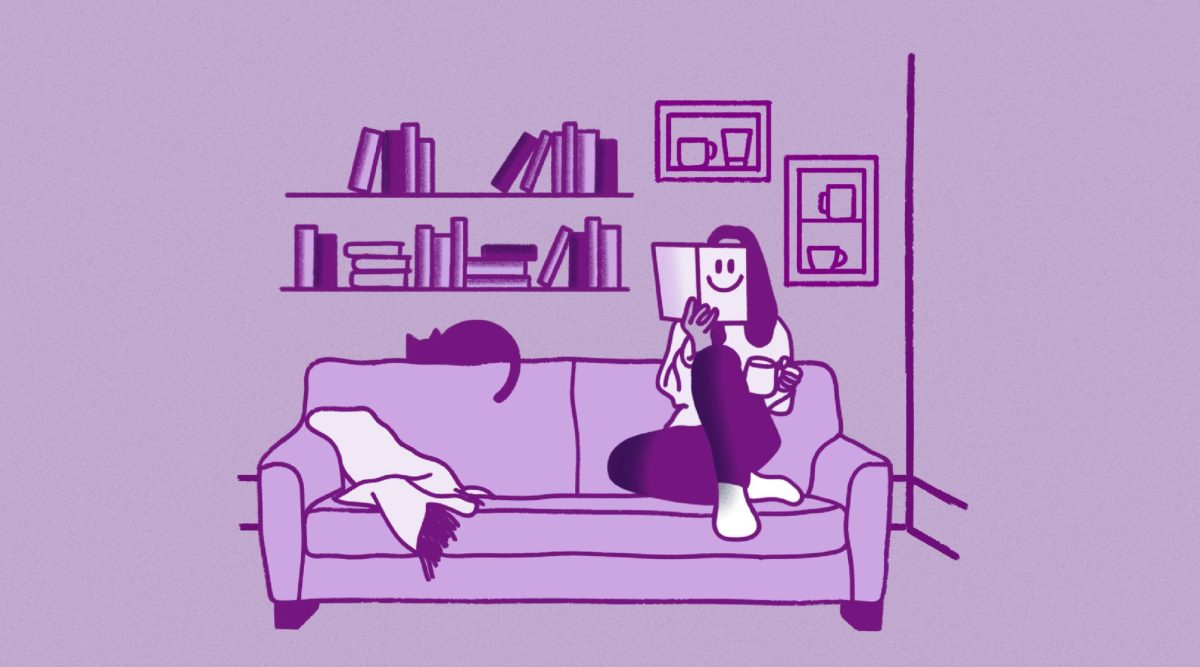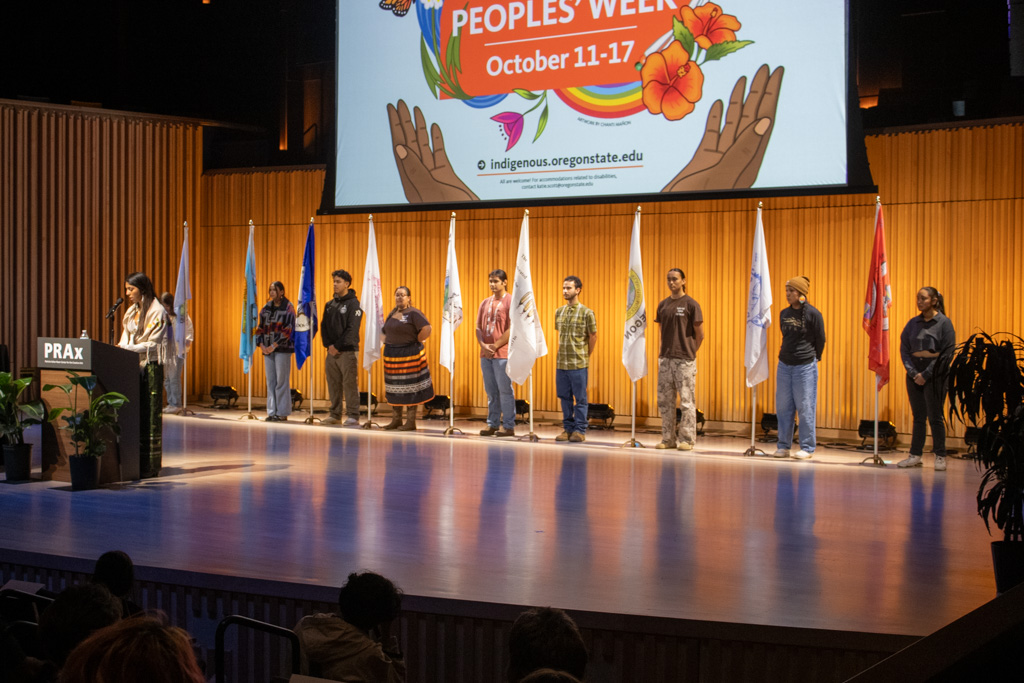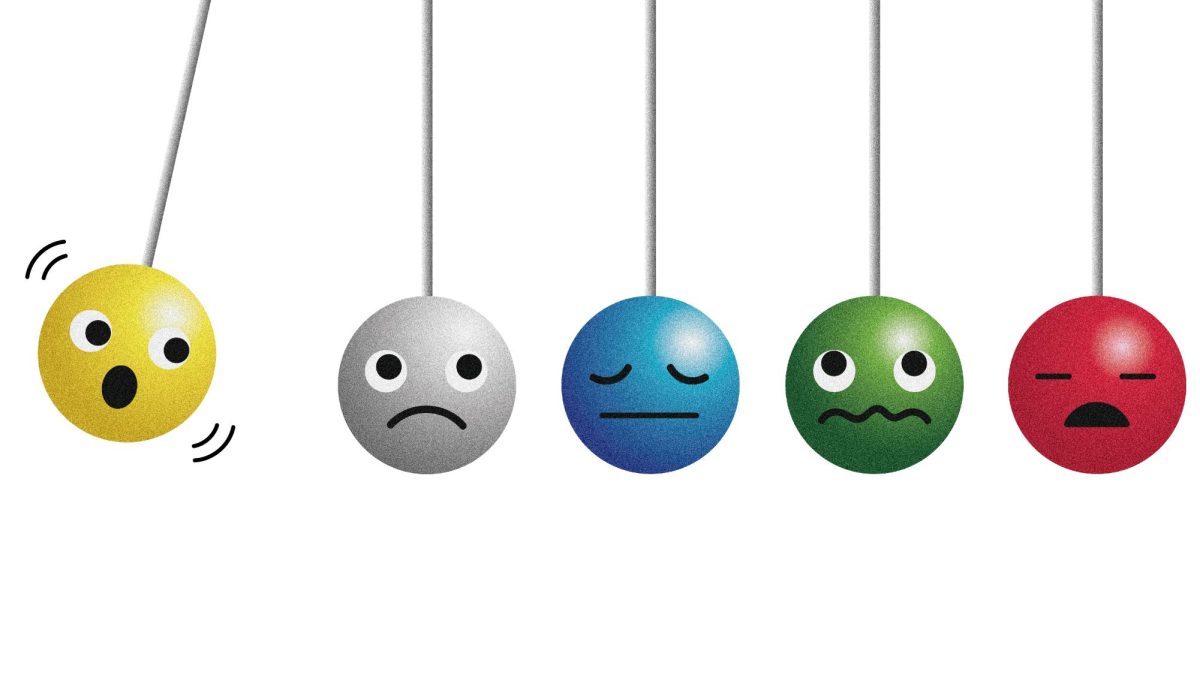Editor’s Note: This is an opinion piece and does not represent the opinion of Beaver’s Digest. This op-ed reflects the personal opinions of the writer.
There is an evidence-based hobby that can improve your mental health and sleep quality, increase your empathy and emotional intelligence, and even reduce your risk of all-cause mortality by 20%. It’s not consistent sleep or exercise — although those are also excellent habits — but reading fiction.
For my thesis, I’ve designed and conducted a study on how different modalities of reading fiction affect emotional intelligence. In my research, I’ve come across countless studies providing compelling evidence that reading fiction can significantly improve one’s mental health.
Knowledge of fiction’s therapeutic and healing properties dates back more than 3,000 years, when Pharaoh Ramses II inscribed these words above doorways in his library: “The house of healing for the soul.” In the modern age, reading has been associated with reduced psychological distress, reduced anxiety and improved sleep quality in college students.
Researchers hypothesize that fiction works similarly in mechanism to cognitive-behavioral therapy. Cognitive-behavioral therapy is a method of therapy which involves reframing negative thoughts to treat certain behavior. An important aspect of cognitive-behavioral therapy consists of “cognitive homework,” where patients are tasked with mentally envisioning potential scenarios they may encounter in their everyday lives so, if and when patients eventually face these scenarios, they are better equipped to deal with them.
“By reading, you are now opening yourself up to more scenarios, and you can pick-and-choose which ones you want to practice yourself,” said Regan Gurung, a professor of psychology at Oregon State University, a social psychology researcher and my thesis mentor.
Researchers who study emotions have theorized that our brains have a limited amount of energy to cope with stressors and anticipate upcoming stressors in our everyday lives. “All of that anticipation takes energy,” Gurung said. “What the research shows is that when you read fiction, it actually replenishes some of that energy lost, and that’s why it’s often referred to as building your ‘brain budget.’”
According to a 2016 study published in “Social Science & Medicine,” reading extends your lifespan with a “23-month survival advantage,” partially resulting from increased knowledge, which increases your cognitive and critical-thinking skills.
“The person who is well-read — who has read more — has more of a knowledge base to pull from as they think about everyday life,” Gurung said.
Reading fiction, especially, expands your worldview and social perspectives by introducing you to experiences outside of your own.
“Each of us only has a finite set of experiences given our socioeconomic status, given our geography, and so on and so forth,” Gurung said. “But a book can take you across the world, across time, across socioeconomic statuses. So, that’s why — especially fiction — can force you to consider realities that you haven’t considered before and, therefore, give you more perspective.”
Fiction reading can also reduce stress by acting as “blinders,” focusing your attention away from stressors, such as school, work, etc. “If it’s good fiction, it’s going to capture enough of your attention, that you are now not thinking about stressors,” Gurung said.
While reading is often considered a solitary endeavor, there is a case to be made for social reading. According to a 2022 study published by the Public Library of Science, discussing fiction — for example, with a book club — improves mental health because of the social interaction and support system it provides.
Having a supportive group of individuals increases not only your received social support, but your perceived social support as well, which describes your perception of how much social support you have, even if you don’t intend on using it
“By a book club, you are undoubtedly increasing your perceived levels of social support,” Gurung said. “If you are at book clubs to discuss (books), you are opening yourself up to interactions with others that — in themselves — are supportive.”
As a busy college student, you may not have time to set aside for reading a physical book. However, there’s good news — a 2019 study published in the “Journal of Neuroscience,” showed reading and listening to a story activated almost identical regions of the brain’s cortex. Essentially, as long as you are reading, it doesn’t matter what form that reading takes.
So, the next time you’re walking to class, cooking, washing dishes, or when someone tries to tell you that listening to books isn’t “reading,” escape your surroundings with an audiobook.
While there is a lot of peer-reviewed documentation on the benefits of reading fiction, it’s OK if fiction isn’t your preferred genre. The genre of book you read isn’t as important as being engaged in what you’re reading.
“If a person really likes (a book), it’ll do the job,” Gurung said.

















